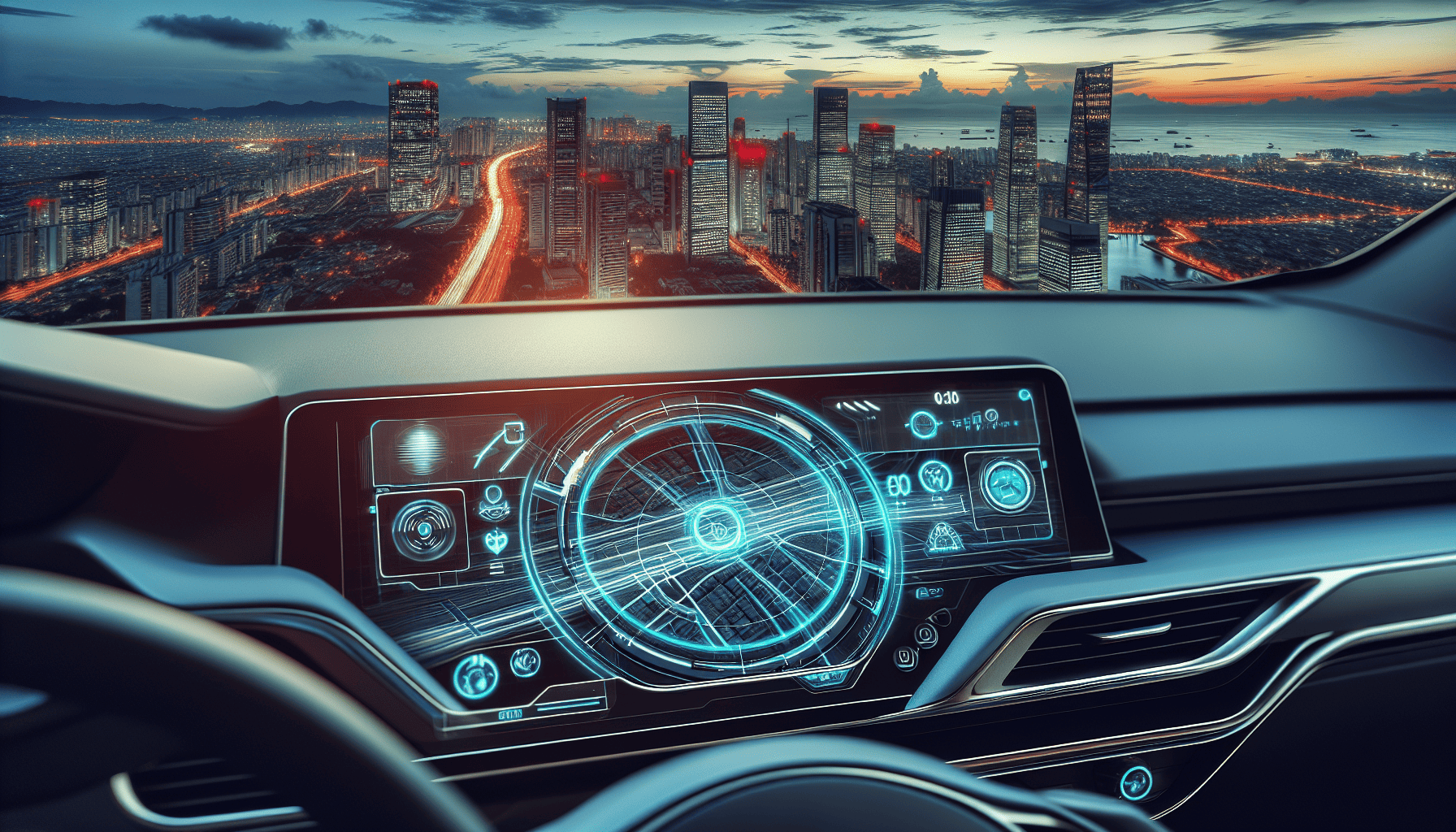In the ever-evolving landscape of global connectivity, transport technology remains at the forefront of innovation, driving economic growth and enhancing accessibility. Today, we are witnessing a groundbreaking era defined by cutting-edge advancements in transport solutions that promise to reshape how we traverse our world.
One of the most promising developments in modern transport technology is the rise of electric vehicles (EVs). Over the past decade, significant strides have been made in battery technology, allowing EVs to challenge traditional combustion engines in terms of range and performance. Battery capacities have improved dramatically, reducing charging times and extending travel distances significantly. This evolution not only diminishes the carbon footprint of the transport sector but also encourages the development of a sustainable energy infrastructure worldwide. The widespread adoption of EVs is further bolstered by innovations in autonomous driving technologies, which promise increased safety, reduced congestion, and more efficient travel.
Another monumental advancement is the development of Hyperloop technology. Envisioned as a high-speed rail transport system, Hyperloop utilizes magnetic levitation within vacuum tubes, allowing passenger pods to travel at unprecedented speeds. This innovative technology could potentially cut travel times between major cities to mere minutes instead of hours, thereby revolutionizing intercity transportation. With ongoing investment and research, Hyperloop systems are making significant strides toward becoming a feasible reality, attracting interest from diverse sectors.
Urban air mobility is yet another transformative concept gaining traction. This involves the use of electric vertical takeoff and landing (eVTOL) aircraft for short-distance urban travel. These vehicles, resembling drones more than conventional helicopters, offer a sustainable and efficient alternative to ground transportation. Ideal for congested urban environments, eVTOLs could dramatically reduce commute times and congestion, providing a viable solution to the transport demands of sprawling metropolitan areas. Companies around the globe are investing heavily in developing prototypes and infrastructure to support this new mode of urban transit.
Furthermore, the integration of artificial intelligence (AI) into transport networks is setting new standards for efficiency and safety. AI-driven systems can optimize routes, manage traffic flows, and anticipate maintenance needs, greatly enhancing the reliability and efficiency of transport services. Predictive analytics enabled by AI provide insights into travel patterns, helping to shape smarter cities with tailored transport solutions that adapt to the needs of inhabitants in real-time.
On a smaller scale but with potentially vast impacts, innovations in micromobility are proving to be game-changers in urban transport. Electric scooters, bikes, and mopeds offer flexible and eco-friendly transit options for the last mile of travel. These small-scale vehicles can easily navigate crowded urban environments, presenting a viable solution to the problem of short-distance urban travel while reducing reliance on personal automobiles.
In conclusion, the landscape of transport technology is ripe with innovation, each breakthrough contributing to a collective vision of a more connected and sustainable future. From electric vehicles to urban air mobility, Hyperloop systems to AI-driven networks, these advancements are not just about moving faster but also about moving smarter. As these technologies continue to mature, they hold the potential to transform our world in ways we can only begin to imagine, promising a future where the boundaries of travel are limited only by our ambition and imagination.
